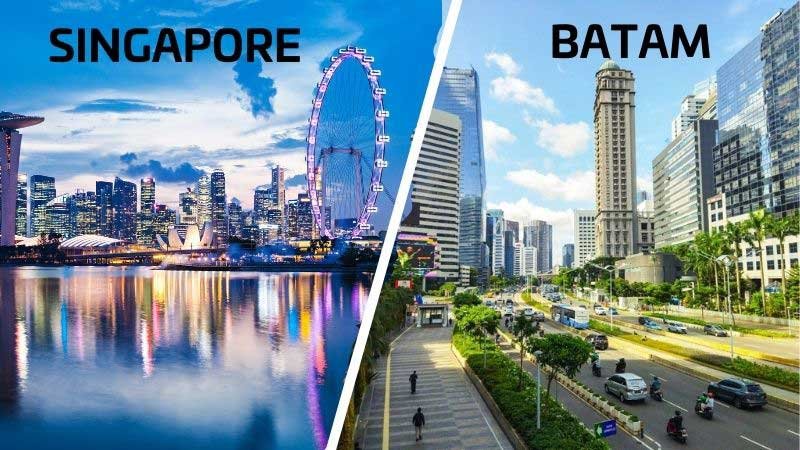Australia Seeks Skilled Data Professionals
Australia needs top Data Engineers to power its growing digital economy! Join the booming tech industry and enjoy unmatched career opportunities with a fantastic lifestyle.
Mangalath Immigration Tweet
Calling All Data Engineers!
Australia is on the hunt for top-notch Data Engineers to fuel its thriving digital economy. With a booming tech industry and a strong emphasis on innovation, Australia offers a unique blend of career opportunities and lifestyle benefits for data professionals.
Why Choose Australia?
- Robust Tech Ecosystem: Australia boasts a vibrant tech ecosystem, with major cities like Sydney, Melbourne, and Brisbane serving as hubs for innovation and growth.
- High Demand for Data Skills: The Australian market is experiencing a significant demand for data professionals, making it an excellent time to explore career opportunities.
- Competitive Salaries and Benefits: Data Engineers in Australia enjoy competitive salaries and comprehensive benefits packages, including health insurance and work-life balance initiatives.
- Beautiful Landscapes and High Quality of Life: Australia’s stunning natural beauty, world-class cities, and friendly culture offer a high quality of life for both individuals and families.
In-Demand Data Engineering Skills
To be successful in the Australian data engineering market, you’ll need a strong foundation in the following areas:
- Data Modelling and Warehousing: Proficiency in designing and implementing data warehouses, data marts, and data lakes is essential.
- ETL (Extract, Transform, Load): Experience with ETL tools and processes for data extraction, transformation, and loading into data storage systems.
- Big Data Technologies: Knowledge of big data frameworks like Hadoop, Spark, and Kafka is highly valuable.
- Cloud Platforms: Familiarity with cloud platforms like AWS, Azure, or GCP is advantageous for modern data engineering projects.
- Programming Languages: Strong programming skills in languages like Python, SQL, and Java are essential.
- Data Pipelines: Experience in building and managing data pipelines for efficient data flow and analysis.
Career Paths for Data Engineers in Australia
Australia offers a diverse range of career paths for data engineers, including:
- Data Analyst: Analyse data to uncover insights and inform decision-making.
- Data Scientist: Develop and apply machine learning models to solve complex problems.
- Big Data Architect: Design and implement big data solutions for large-scale data processing.
- Data Engineer: Build and maintain data infrastructure and pipelines.
- Cloud Data Engineer: Focus on data engineering within cloud environments.
How to Apply
If you’re a skilled data engineer looking to explore opportunities in Australia, here are some tips for a successful application:
- Update Your Resume: Highlight your relevant skills, experience, and achievements.
- Network with Professionals: Connect with data professionals in Australia to learn about job opportunities and industry trends.
- Leverage Online Job Boards: Utilize popular job boards like Seek, LinkedIn, and Indeed to search for data engineering positions.
- Prepare for Interviews: Practice answering common interview questions and demonstrate your technical skills.
Australia offers a dynamic and rewarding environment for data engineers. With its growing tech industry and high demand for data professionals, it’s an ideal place to build a successful career. If you’re ready to take the next step in your data engineering journey, consider exploring opportunities in Australia.
How Do I Apply?
You should carefully prepare and submit your application for a family and relative visa. Contact Mr. Murali Mangalath (Registered Migration Agent and MARN: 1170229), Managing Director of Mangalath Immigration. He provides Immigration advice and assistance to you. An efficient team at Mangalath Immigration Pty Ltd, who have extensive experience in applying for this class of visa for the past decade, will handle the process. Please visit our Testimonial page on this website, Facebook page and Google Review to find testimonies provided by our clients.
We will help make sure that a complete application is ready and that you receive your visa as quickly as possible. So why wait contact us today to get a head start.
Australia Seeks Skilled Data Professionals Read More »










